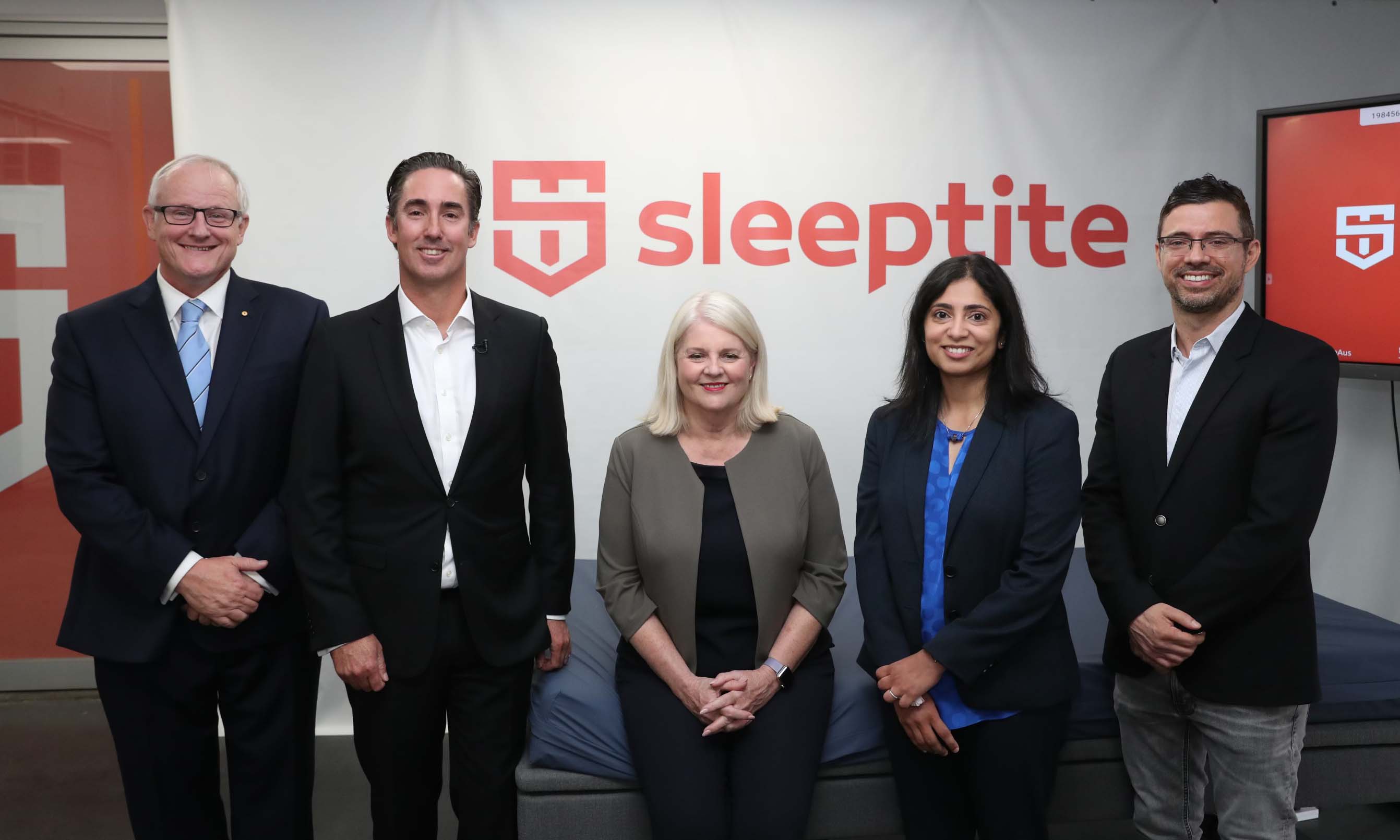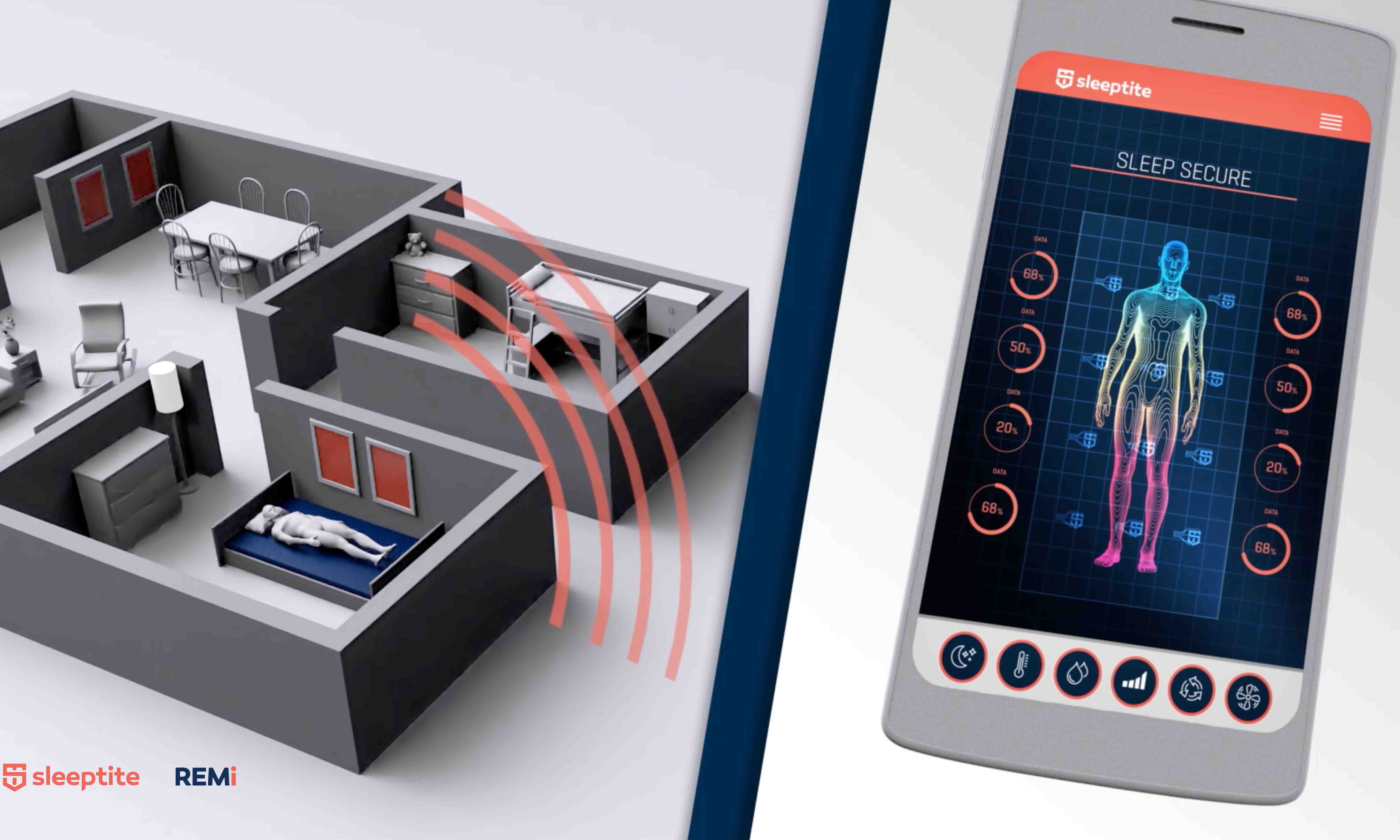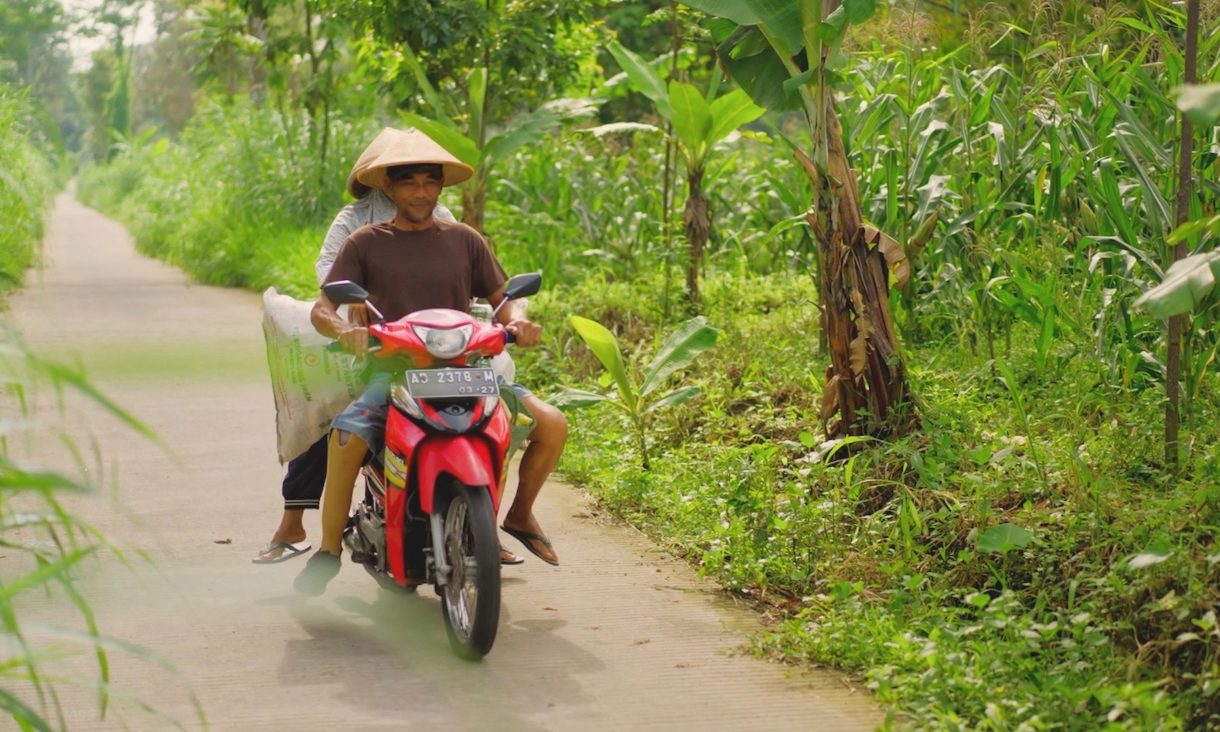Transforming psychology practices in Vietnam through collaborative research
RMIT Vietnam researchers are collaborating with the local community to adapt psychological science and practices to suit the country’s unique cultural context.
Improving local content prominence on smart TVs
RMIT University researchers examined the visibility of local content and services on smart TVs, amid the digital transformation of television and growing influence of global streaming services.
Prosthetic leg donation program changes lives in Southeast Asia
A pioneering rehabilitation program led by RMIT University has fitted more than 200 prosthetics legs and delivered more than 4,600 biomechanical therapy treatments and counselling sessions in partnership with local programs across Indonesia, Timor-Leste and Cambodia.
Intelligent platform transforms infrastructure management through predictive modelling and analytics
RMIT researchers developed a cloud-based software and app that provides data-driven analytics to inform maintenance and management of infrastructure, including buildings, bridges, roads, and drainage systems.










